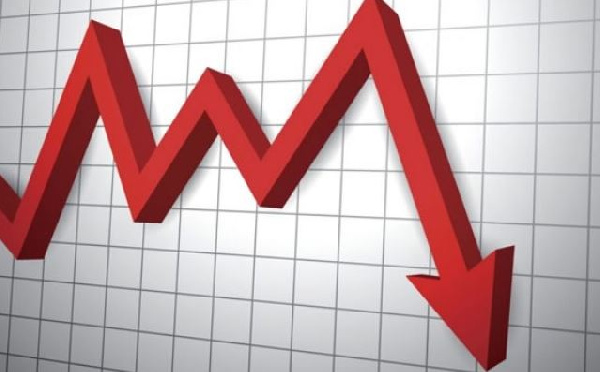The general price level of goods and services has seen a marginal decline ever since it recorded its highest figure after the Ghana Statistical Service (GSS) started applying the new series to calculation of the consumer price index.
The year-on-year inflation in January 2020 recorded 7.8 percent, indicating a 0.1 percentage point lower than recorded in December 2019; and 0.4 percentage point lower than the highest figure (8.2 percent in November) it has ever recorded since August 2019 when the rebasing took effect.
Three sectors were the main drivers of the January inflation. Alcoholic beverages, tobacco and narcotics recorded 11.1 percent; transport hit 10.5 percent; and recreation, sports and culture recorded 9 percent.
Overall, the food and non-alcoholic beverages inflation was 7.8 percent; and non-food inflation recorded 7.9 percent. Inflation for imported goods also hit 5.8 percent while that of locally-produced goods recorded 8.7 percent.
In terms of regional differences, the Central Region surprisingly surpassed the capital to record the highest rate of inflation at 10 percent; while Accra, which has always maintained the top spot, recorded 8.8 percent. The Ashanti Region, on the other hand, recorded the least rate of 5.6 percent.
The marginal decline in January inflation gives the business community an inkling of hope that lending rates will in the near-possible-future come down – at least marginally – if inflation continues in this trajectory. Businesses have expressed disappointment with how lending rates in the country have remained high, making it difficult for them to go to banks for debt-financing to expand their business.
The Bank of Ghana, in January, maintained the policy rate at 16 percent for the sixth consecutive time, largely due to fear over inflationary pressures which may emanate from government’s excessive spending ahead of the December elections. The Monetary Policy Committee (MPC) explained that even though the inflation outlook remains balanced, it still has to be cautious; hence the decision to hold it.
“Overall, the economy presents a fairly resilient and robust performance with regard to output growth and a strong trade and payments position. The economy is positioned firmly on the path of stability, with inflation forecasted to stay within the medium-term target band of 8±2 percent…barring any unanticipated shocks.
“Under these circumstances, the Committee viewed risks to the inflation and growth outlook as broadly balanced, and therefore decided to keep the Monetary Policy Rate unchanged at 16 percent while standing ready to take decisive policy actions when necessary to ensure that inflation remains within the target band,” Dr. Addison said.
Source: thebftonline.com




